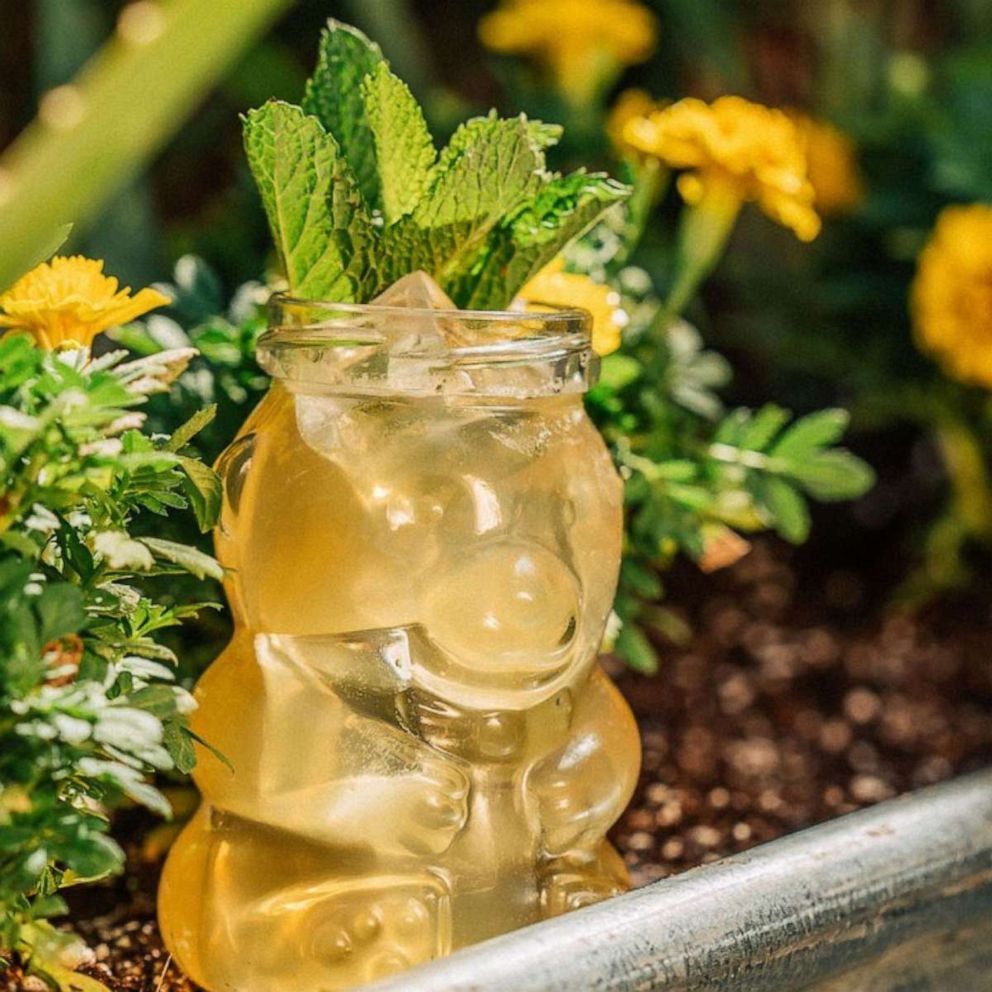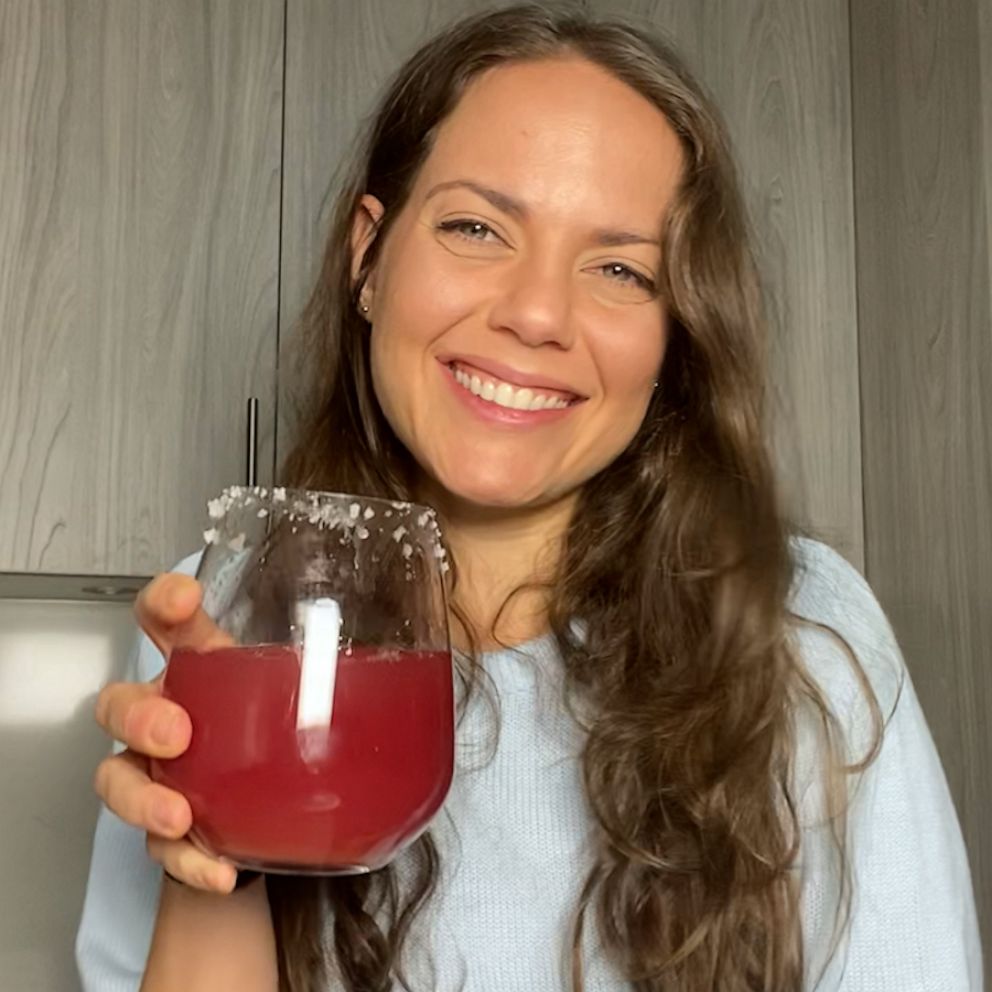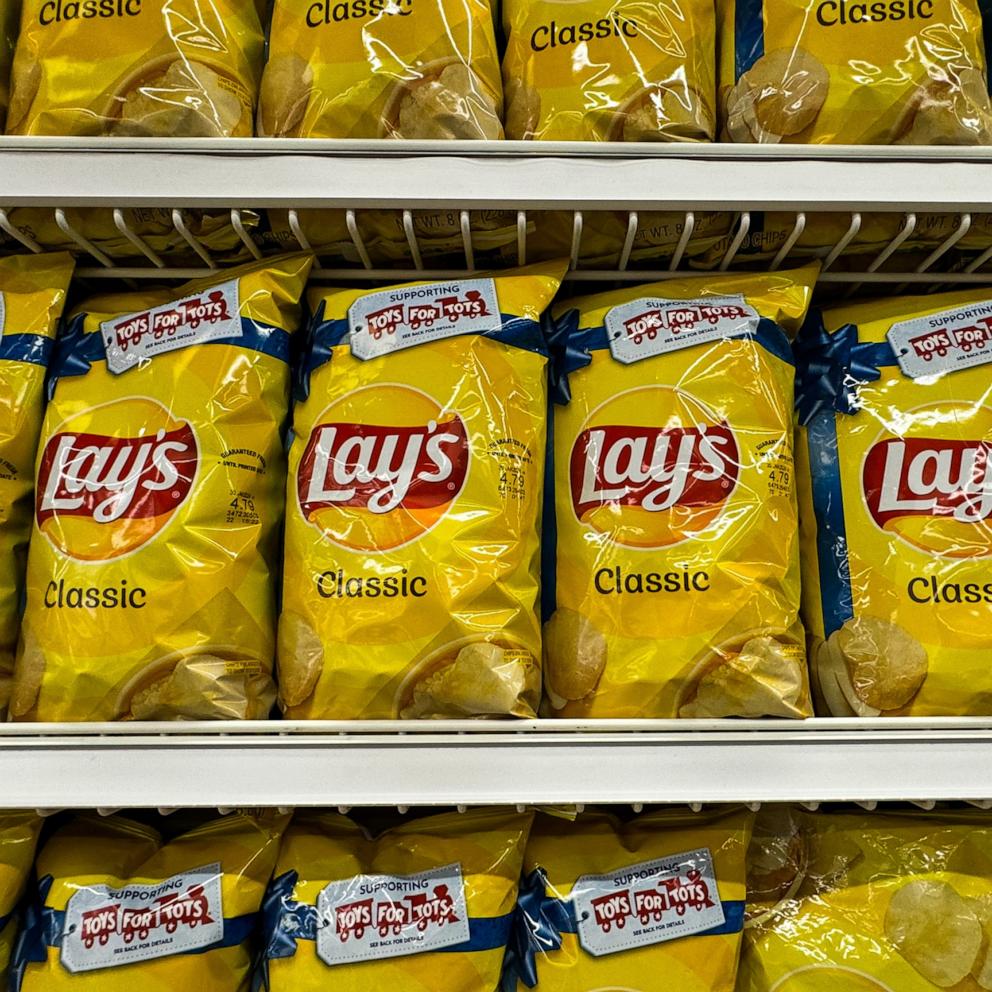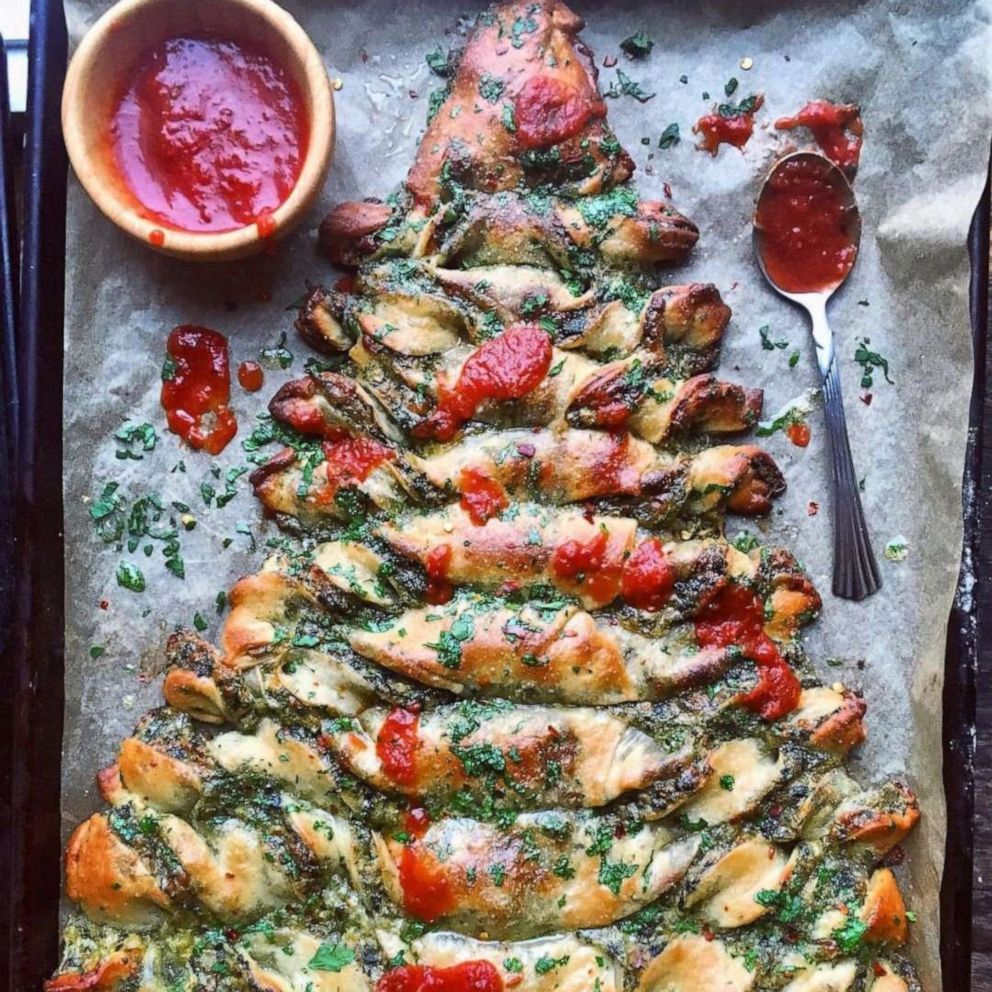Beekeepers and bartenders in big cities create sweet, sustainable cocktail supply chain

What sweeter way to celebrate National Honey Month than with a refreshing, herbal cocktail that both tastes delicious and promotes sustainable systems to improve the health of bee colonies.
Beekeepers based in big cities like New York and nearby bartenders who handcraft cocktails with local, seasonal ingredients have teamed up with Aberfeldy and Bee Informed Partnership as part of their Gardening Giveback Project to create a unique cocktail recipe that makes honey bees' hard work the golden ingredient.
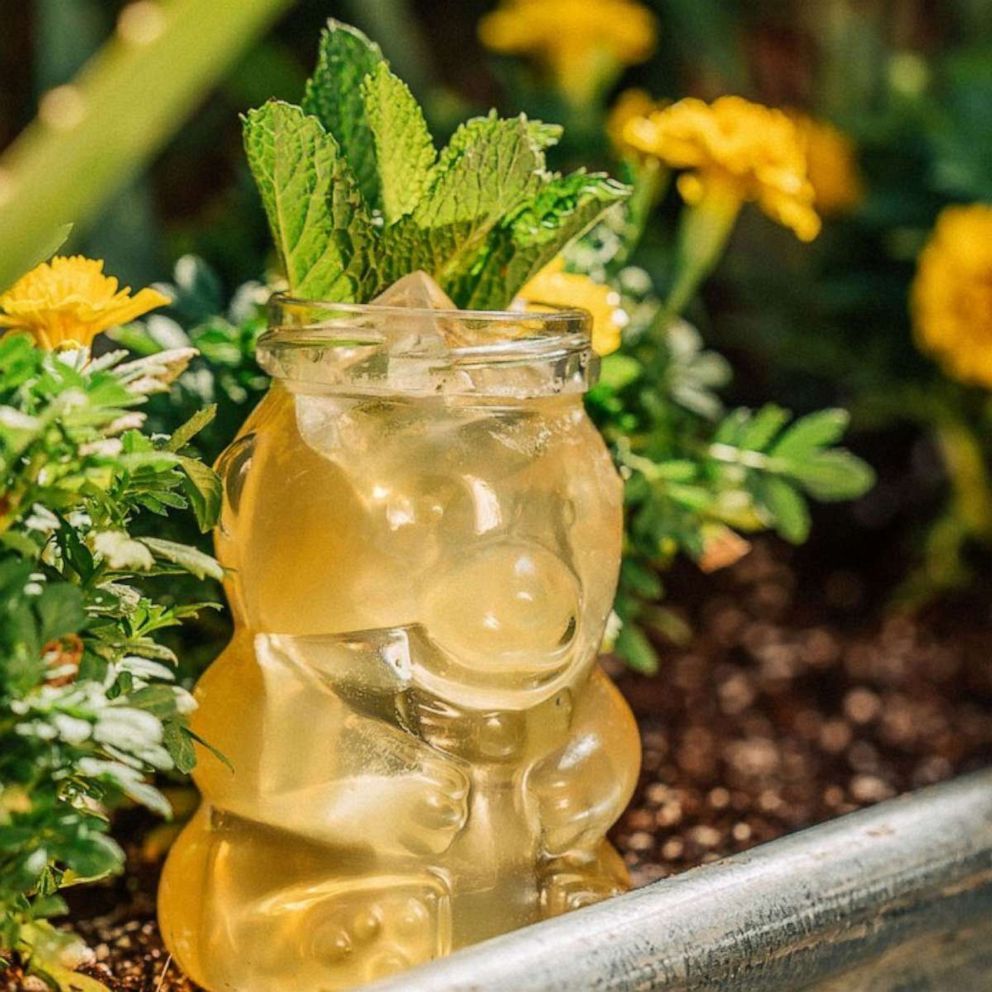
Brendan Bartley, one of the project's participating bartenders from Bathtub Gin, told "Good Morning America" that "it's been amazing" to better understand how to "propagate and cultivate good habits" with the help of the nonprofit organization dedicated to working with beekeepers to help colony survivorship in the U.S.
"I mean, we're on Ninth Avenue in Chelsea, and we have a little bee farm with our flower beds in the front, so it's been really eye-opening to have that in the middle of the city," he said.
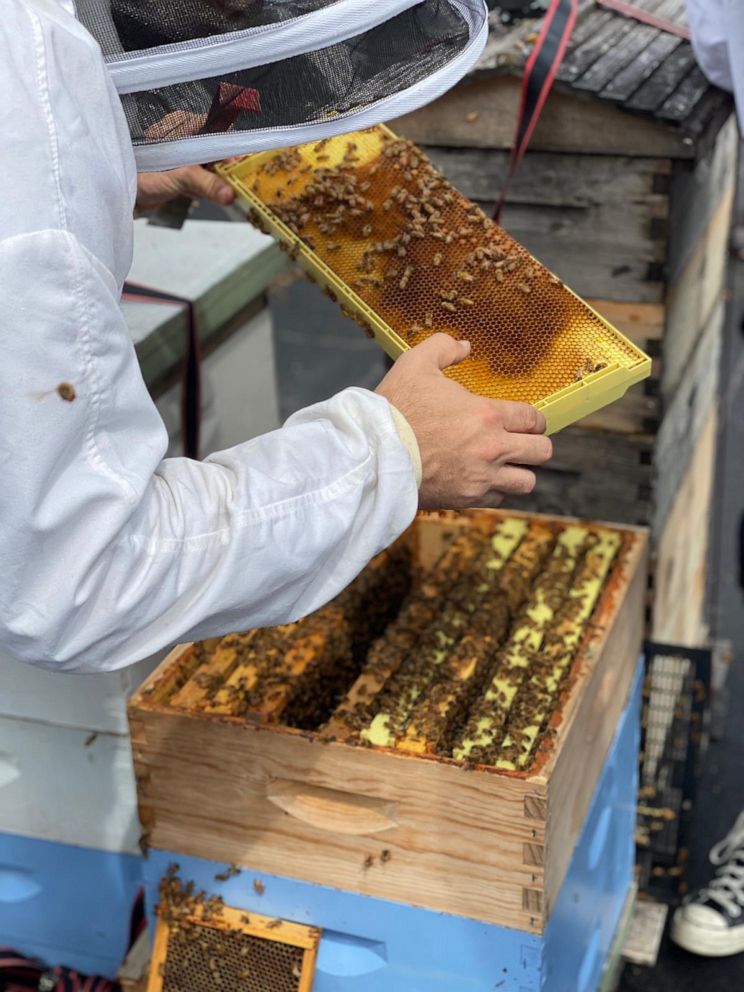
Not only is the partnership a symbiotic match, but it creates a simple and sustainable supply chain to get high-quality ingredients to beverage directors like Bartley.
"You know where they're coming from and you understand where they're sourced," he said, adding that it gives him the ability to have "no carbon footprint of something getting shipped from very far away."
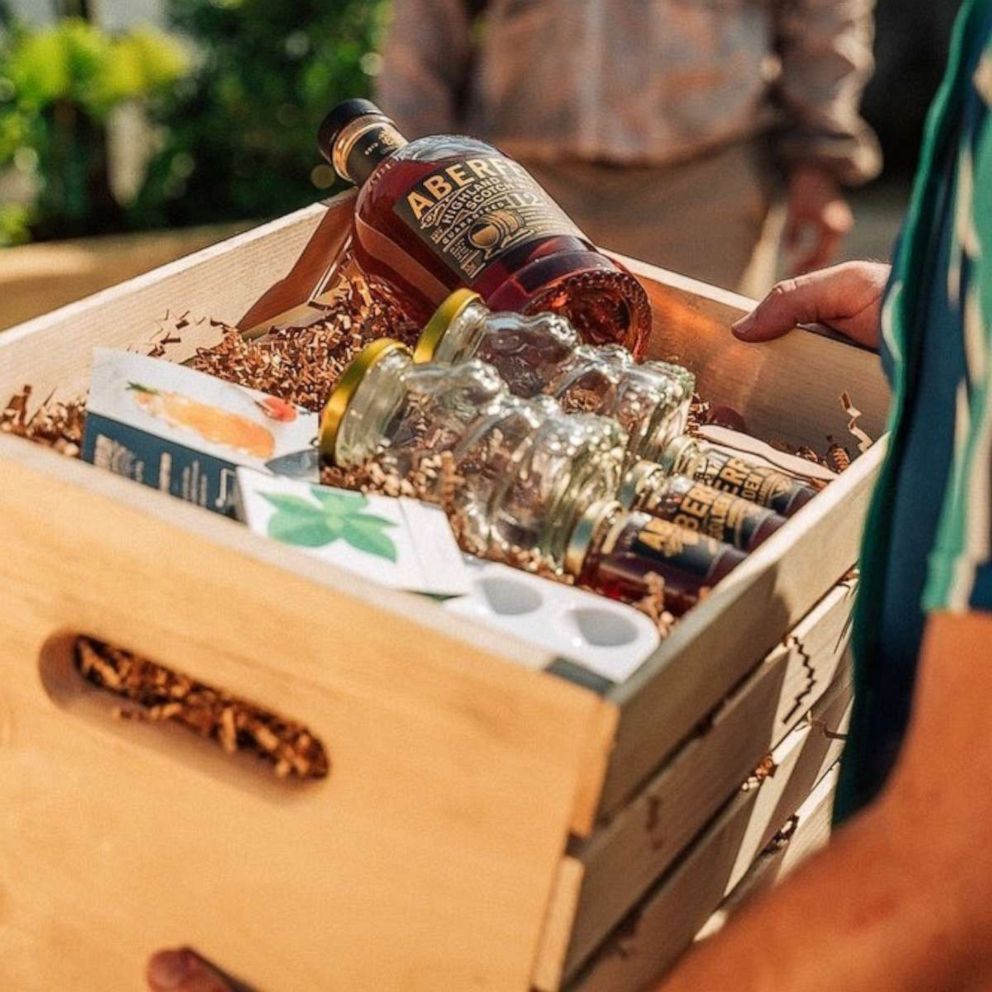
Plus, Bartley said, "the really exciting part about using local honey is that the pollen that the bees are collecting are different seasonally, so you're going to get little bits of flavor profiles that change by using local resources."
"You're getting this herbaceous, sweet and floral kind of nature, which kind of accentuates what's happening in the whiskey with its citrus and caramel and fruit undertones, so it all works together," he said of the aromatic cocktail.
Holly Seidewand, Aberfeldy’s North American brand ambassador helps run the barrels and bees project told "GMA" that this year partnered directly with BIP to "help nationwide support more of these smaller apiaries and businesses" and support beekeepers as well as educate more bars.
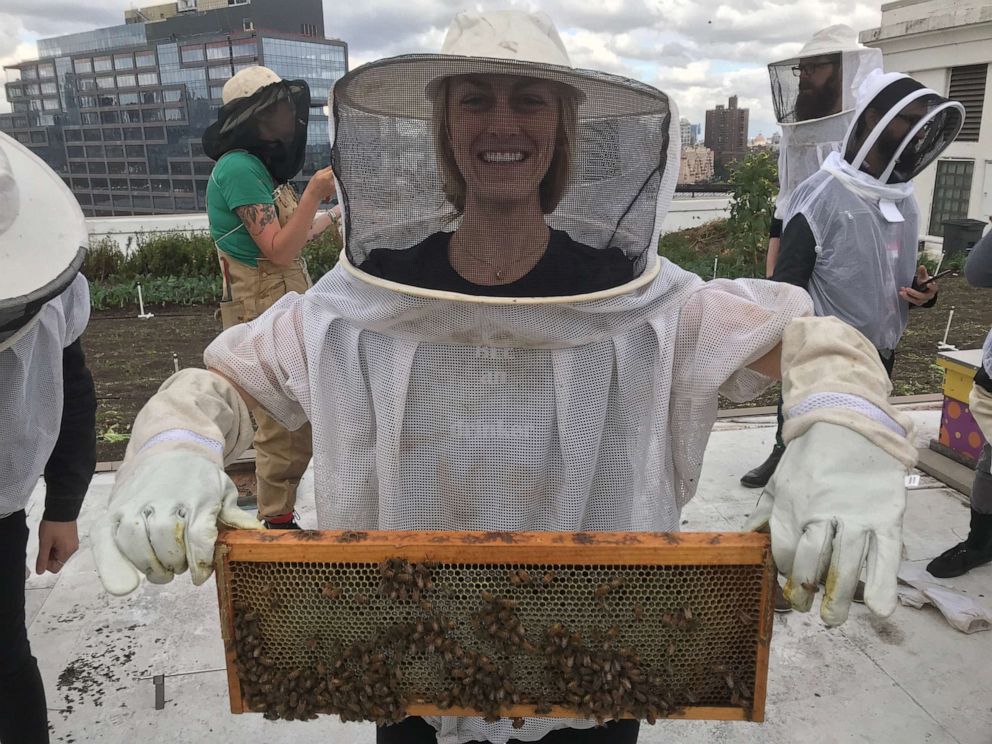
In her work with the teams on urban rooftop apiaries and local beekeepers, Seidewand has learned that everyone can play a small role in helping strengthen the health of bee colonies.
"Even in a city, it really comes down to just a few flowers on a railing bed on your fire escape or even just maintaining some local gardens or little plant areas that you see," she explained. "Taking that initiative to work with bartenders and consumers in general and help them understand that it just takes a flower or two for each person and now you have all of these new pollinators around. If everyone did that the bees would be very healthy and fit in these cities."
Check out the full cocktail recipe from Aberfeldy below.
Herbed Honey Smash Cocktail
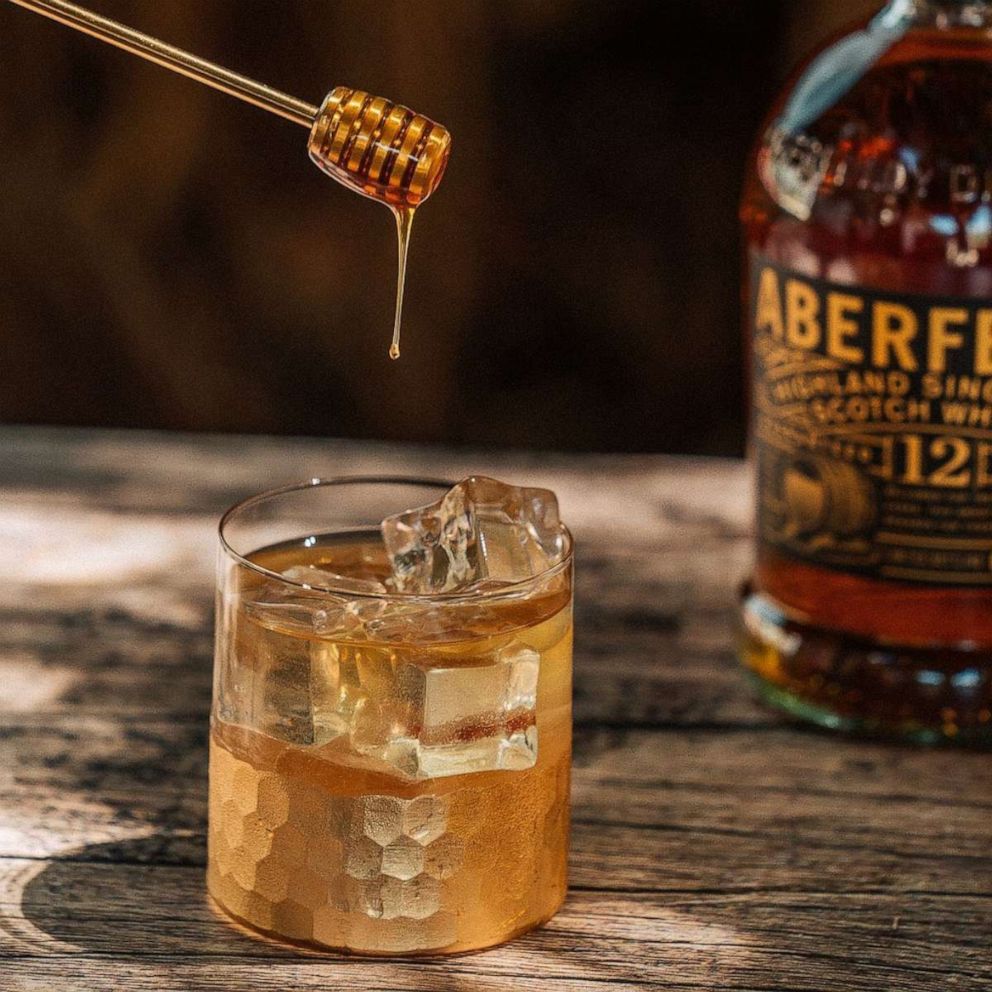
Ingredients
2 oz Aberfeldy 12 Single Malt Scotch
1.5 oz Lemon juice (or about half a lemon squeezed)
1 oz honey syrup
(100g of honey and 64g water, stir and leave to chill. Note: syrup will only last 3 days)
4-6 leaves of soft herb (basil, mint, rosemary, tarragon, etc.)
Directions
Add all ingredients to a shaker tin with ice.
Shake vigorously and strain using a fine mesh strainer into a small rocks glass filled with ice.
Garnish with your fresh herb of choice and enjoy!
Tips
"If you get natural local honey, it doesn't have an expiration date and it's not very easy to work with because of it's viscosity. All you need to do is get some hot water and some honey and do three parts honey to one part hot water," Bartley said. "Put it in a little bowl and whisk it around and it'll make it really syrupy so you can actually measure it properly and work with it."
You can use any soft herb (basil, mint, thyme, tarragon, dill, marjoram or even cilantro) you'd like for different flavor combinations.
You can mix and match these flavors too for a unique herbed honey smash each time.
For more herb flavor, steep your fresh herbs in your local raw honey before making syrup.
"I think it's really important to be able to have resources like Aberfeldy and the Bee Informed program to educate the staff and myself to understand what you can do with fresh local resources," Bartley added.
